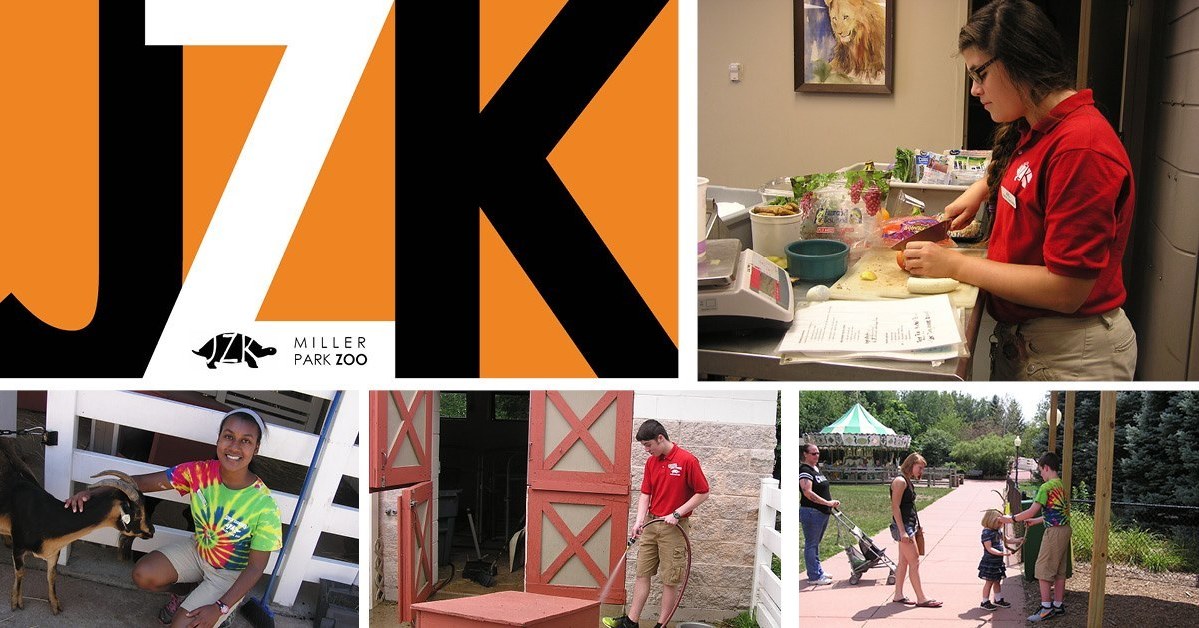- Overview of the Junior Zookeeper program and its educational benefits for young participants.
- Detailed structure of the one-week summer camp, including learning modules and key activities.
- Eligibility requirements and application process for students interested in joining the program.
- Insights into zoo management and wildlife conservation provided by the program.
- The importance of community engagement and the role of volunteers in zoo operations.
The Junior Zookeeper program offers an enriching opportunity for young people with a keen interest in wildlife to immerse themselves in learning experiences about zoology and the operational dynamics of a zoo. This initiative introduces participants to the dual objectives of wildlife education and preservation, fostering a deeper understanding of how zoos contribute to conservation efforts globally.
At the heart of the Junior Zookeeper program is a one-week educational summer camp, meticulously designed to engage students from fifth grade and above. The summer camp serves as an introductory gateway, offering lessons on animal behavior, habitat preservation, and ethical considerations in wildlife management. Participants learn through a combination of classroom instruction and hands-on activities. They interact closely with animal caretakers, gaining insights into daily routines within a zoo. These activities are aimed at instilling a sense of environmental responsibility and inspiring future careers in conservation science.
The structure of the summer camp emphasizes practical learning experiences. Camp attendees participate in guided tours, observing a variety of species and understanding enclosure design from a conservation perspective. This includes learning about the specific dietary needs of different animals and the importance of maintaining biodiversity within the zoo setting. Through specialized workshops, participants engage with topics such as breeding programs for endangered species and the role of zoos in global wildlife conservation networks. These modules are integrated with interactive segments where students prepare enrichment activities for animals, witnessing firsthand the complexities involved in captive animal care.
Eligibility for the Junior Zookeeper program extends to students currently in fifth grade or higher, ensuring that participants have the cognitive maturity required to grasp the nuanced topics presented. Interested students, along with their parent or guardian, must attend one of the scheduled informational meetings at the Miller Park Pavilion. This prerequisite step in the application process helps applicants better understand the commitment involved and the educational benefits they stand to gain. The meeting provides a comprehensive overview of the program’s curriculum, along with logistical details on volunteering opportunities post-camp.
The transition from camp participant to volunteer signifies a deeper level of involvement. Volunteers are integral to the zoo’s daily operations and contribute significantly to its educational mission. These young volunteers aid in public engagement, conducting educational tours, and assisting during animal feeding sessions. Such experiences not only bolster their knowledge of zoology but also enhance their communication skills and ability to work collaboratively within a team.
A fundamental aspect of the Junior Zookeeper program is its focus on zoo management and wildlife conservation. Participants gain insights into the strategic planning required to run a successful zoo. This includes managing animal habitats, formulating nutritional plans, and implementing breeding programs to support species richness. The program underscores the critical role zoos play in educating the public about environmental issues and promoting conservation efforts.
Community engagement is another core element of the program. By involving youth in meaningful activities related to wildlife care, the program fosters a conservation-minded community. Young learners become advocates for sustainable practices and are encouraged to share their acquired knowledge with peers, sparking broader interest in wildlife and environmental conservation. The program also exemplifies the collaborative relationship between educational institutions and zoos, demonstrating how such partnerships can bolster conservation efforts and inspire future generations of environmental stewards.
The contact person for inquiries, Julia Benzel, plays a pivotal role in guiding prospective participants and their parents through the application process. Her expertise and dedication ensure that all applicants have a clear understanding of the program’s responsibilities and expectations. Prospective participants are encouraged to reach out with any questions as part of their exploratory process before committing to the program.
In essence, the Junior Zookeeper program at Miller Park Zoo is a pioneering educational initiative. It provides young people with not only the knowledge and skills necessary to understand complex ecological issues but also empowers them to participate actively in conservation endeavors. By blending rigorous educational content with practical, real-world applications, the program paves the way for the next generation of conservationists.
*****
Source Description
✨The Junior Zookeeper program is for young people who want to learn more about wildlife and how a zoo works. JZKs begin by attending a one-week educational summer camp and can eventually become volunteers at Miller Park Zoo!
.
Students currently in 5th grade or higher are eligible to begin this summer.
.
Space in the program is limited, all interested students and their parent/guardian must attend one informational meeting to receive application materials.
✨Meetings will be held at the Miller Park Pavilion on March 4, 5, and 6, 6:30-7:30PM.
Doors will close and no one may enter after 6:35PM.
Choose the meeting date that fits your schedule; no reservation is required.
Please visit MillerParkZoo.org for more information.
✨Contact Julia Benzel at (309) 434-2256 or jbenzel@cityblm.org with questions.


